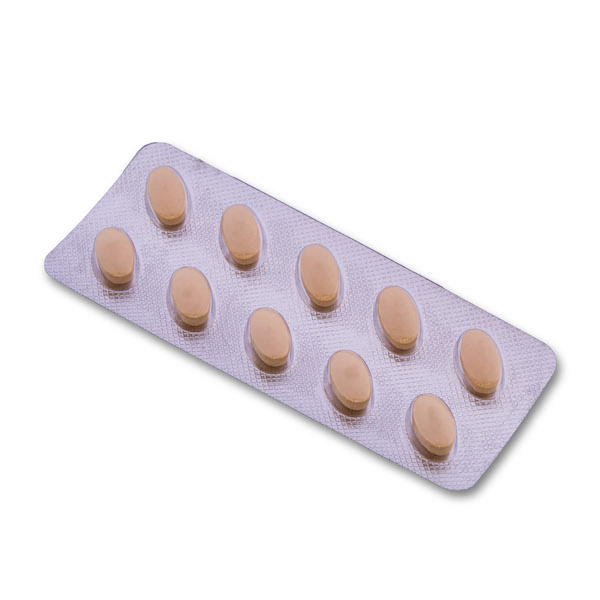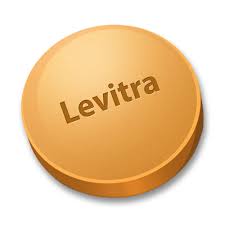
The Comprehensive Guide to Tretinoin Gel
Tretinoin Gel is a renowned medication in the dermatological world, primarily used to treat acne and improve skin appearance. As a derivative of Vitamin A, it works by accelerating skin cell turnover, leading to a multitude of benefits. Whether you’re looking to clear up acne, reduce fine lines, or improve overall skin texture, Tretinoin Gel could be a viable option for you. For those interested in trying Tretinoin Gel, you can purchase it without a prescription at Tretinoin Gel https://sante-en-ligne24.fr/acheter-tretinoin-gel-sans-ordonnance/.
Understanding Tretinoin
Tretinoin (also known as all-trans retinoic acid) is a potent form of Vitamin A that has been extensively studied since its introduction in the 1960s. Unlike over-the-counter retinol products, Tretinoin is a prescription-grade retinoid known for its effectiveness in treating various skin conditions. It is primarily utilized for managing acne, combating signs of aging, and addressing pigmentation issues.
How Tretinoin Gel Works
The primary action of Tretinoin Gel involves the stimulation of skin cell turnover. By promoting the rapid shedding of old skin cells, it helps prevent the clogging of pores, which is a major cause of acne. Additionally, Tretinoin increases collagen production, leading to improved skin elasticity and reduced appearance of fine lines and wrinkles. Its exfoliating properties also contribute to a more even skin tone and texture.
Benefits of Tretinoin Gel
- Acne Treatment: Tretinoin Gel is effective in reducing both inflammatory and non-inflammatory acne lesions.
- Anti-Aging: It reduces the visibility of fine lines, wrinkles, and sun damage.
- Skin Texture Improvement: Regular use leads to smoother and more radiant skin.
- Hyperpigmentation Reduction: Tretinoin can help fade dark spots and even out skin tone.
How to Use Tretinoin Gel
When starting Tretinoin Gel, it’s crucial to follow your dermatologist’s guidance carefully. Here’s a general guideline on how to incorporate it into your skincare routine:

- Start Slowly: Use Tretinoin once or twice a week initially to allow your skin to acclimatize.
- Apply at Night: Use it in the evening on clean, dry skin to minimize potential irritation.
- Moisturize: Follow up with a non-comedogenic moisturizer to help combat dryness.
- Sunscreen is Essential: Since Tretinoin can increase skin sensitivity to sunlight, using a broad-spectrum sunscreen during the day is vital.
Possible Side Effects
While Tretinoin Gel is generally well tolerated, some side effects may occur, especially during the initial weeks of use. Common side effects include:
- Redness
- Dryness
- Peeling
- Burning or stinging sensation
These side effects typically subside as your skin adjusts to the treatment. If severe irritation occurs, you should consult your healthcare provider for advice.
Who Should Avoid Tretinoin Gel?
Certain individuals may find Tretinoin unsuitable due to specific conditions or sensitivities. It is generally advised that:
- Pregnant or breastfeeding women should avoid Tretinoin due to potential risks to the fetus or infant.
- Individuals with eczema, severe skin conditions, or those using other photosensitizing treatments should consult with a dermatologist before use.
Conclusion
Tretinoin Gel is a powerful ally in the quest for clear, youthful skin. With its myriad benefits, including acne treatment and anti-aging properties, it has become a staple in many skincare routines. However, as with any medication, the key to success lies in proper usage and consultation with a healthcare professional to tailor the treatment to your specific skin needs. If you’re considering Tretinoin Gel, ensure you are well-informed and prepared to embrace the journey toward healthier skin.
بدون دیدگاه